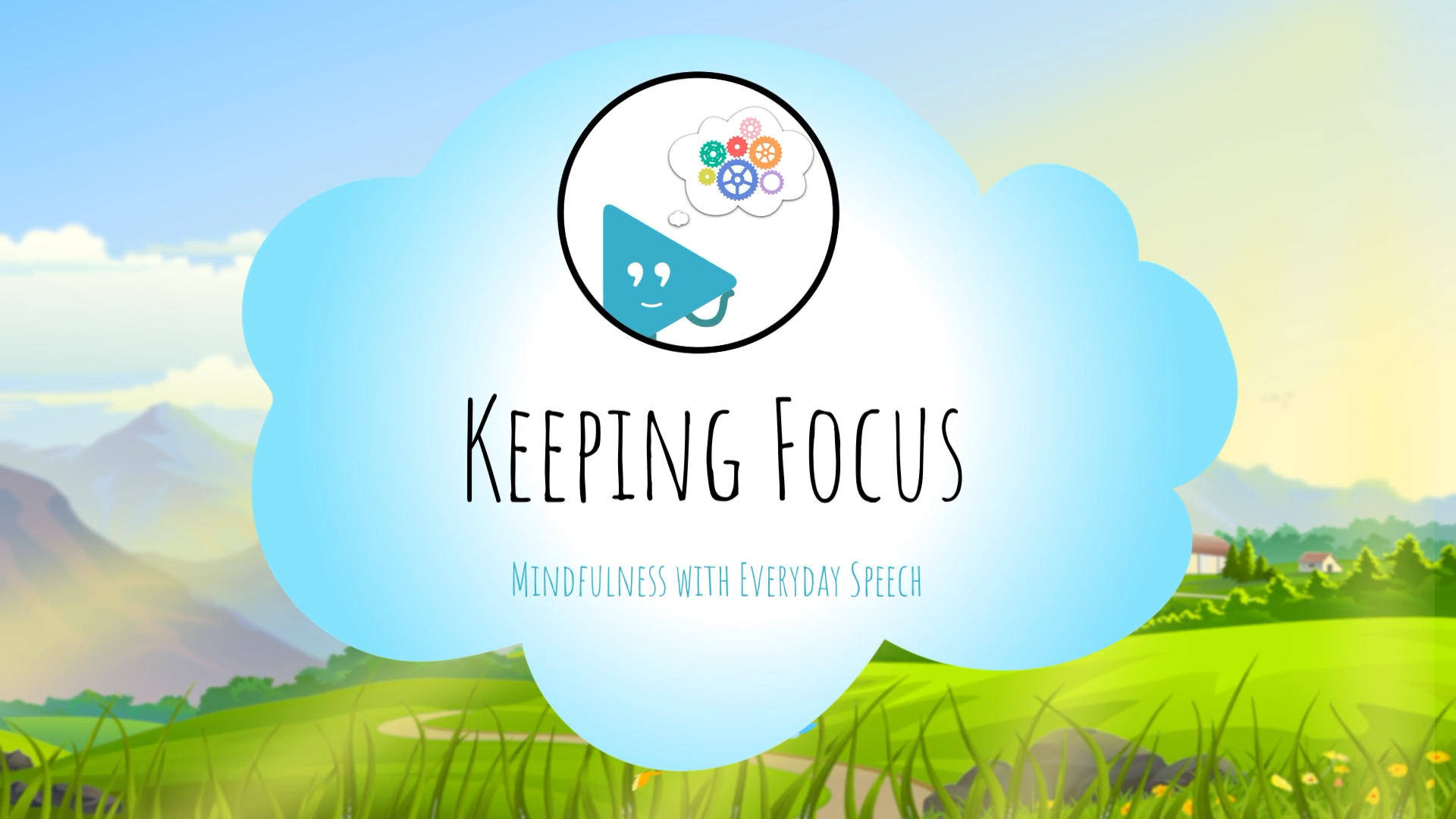
When it comes to special education, designing effective Individualized Education Program (IEP) goals is of utmost importance. One key area to target is focus, which plays a critical role in students’ learning, social interactions, and overall wellbeing. This blog post will explore the concept of focus, its impact on students, and how various specialists can support its development. Additionally, we will provide specific IEP goals and strategies to improve focus in elementary students.
Understanding Focus and Its Impact on Students
Focus refers to a student’s ability to pay attention for an extended period without getting distracted. It is essential for academic success, as well as for effective communication and social interactions. A strong focus helps students stay engaged, complete tasks efficiently, and develop problem-solving skills. Furthermore, it contributes to a positive classroom environment and supports students’ emotional wellbeing.
The Role of Specialists
Various specialists can play a crucial role in supporting the development of focus in students:
- Speech-Language Pathologists: They can help students improve listening skills, follow instructions, and develop strategies to maintain focus during conversations.
- Social Workers: They can support students in managing stress, anxiety, and other factors that may affect focus.
- Psychologists: They can assess students’ attention and concentration abilities and provide interventions to enhance focus.
- School Counselors: They can provide guidance on time management, organization, and self-monitoring techniques to improve focus.
IEP Goals for Improving Focus
Below are some specific SMART IEP goals related to focus, accompanied by strategies and activities for implementation:
-
Goal: Increase the student’s ability to maintain focus on a task for a specified duration (e.g., 15 minutes) without getting distracted.
- Strategy: Implement a visual timer and provide regular prompts to help the student stay on task.
- Activity: Incorporate short, engaging activities that require sustained attention, such as puzzles or reading.
-
Goal: Improve the student’s ability to self-monitor focus and implement strategies to regain attention when distracted.
- Strategy: Teach the student to use self-questioning techniques to check their focus (e.g., “Am I alert? Am I daydreaming?”).
- Activity: Practice mindfulness exercises, such as deep breathing, to help the student refocus when needed.
-
Goal: Enhance the student’s ability to organize their workspace to minimize distractions and support focus.
- Strategy: Provide guidance on organizing materials, removing unnecessary items, and creating a quiet workspace.
- Activity: Encourage the student to set up a designated workspace at home and school to support focus.
Implementing and Measuring Progress
To effectively implement these IEP goals and measure progress, consider the following tips:
- Collaborate with specialists to ensure consistent support across settings.
- Regularly review and adjust goals based on the student’s progress and needs.
- Use data collection methods, such as observation checklists or self-monitoring tools, to track the student’s progress.
- Involve the student in goal-setting and progress monitoring to promote self-awareness and ownership of their learning.
Conclusion
Improving focus is essential for elementary students’ success in academics, social interactions, and overall wellbeing. By implementing effective IEP goals and strategies, educators can support students in developing stronger focus skills. We encourage you to apply these IEP goals and explore additional resources at Everyday Speech Sample Materials to further enhance your students’ focus and learning experience.





